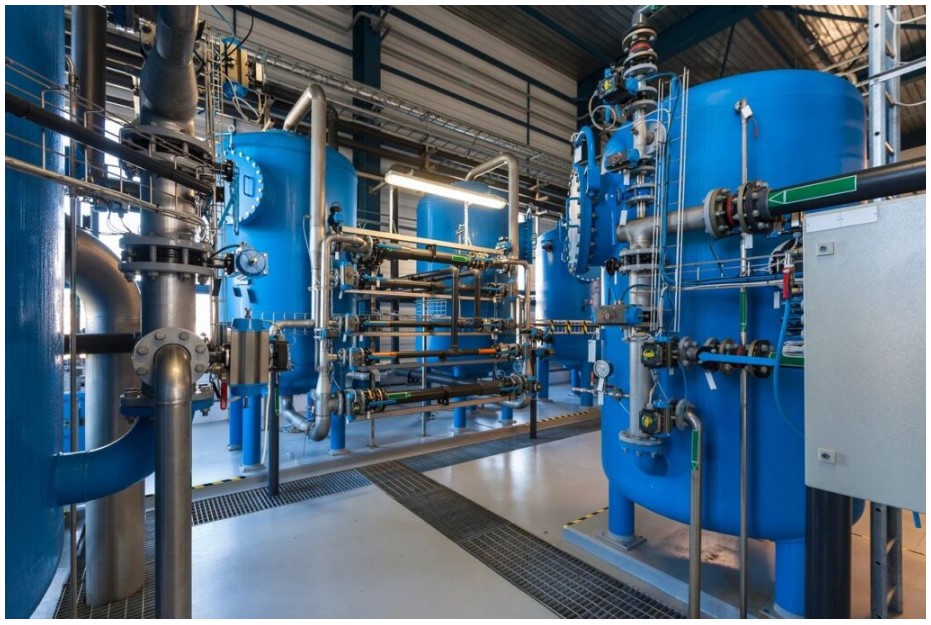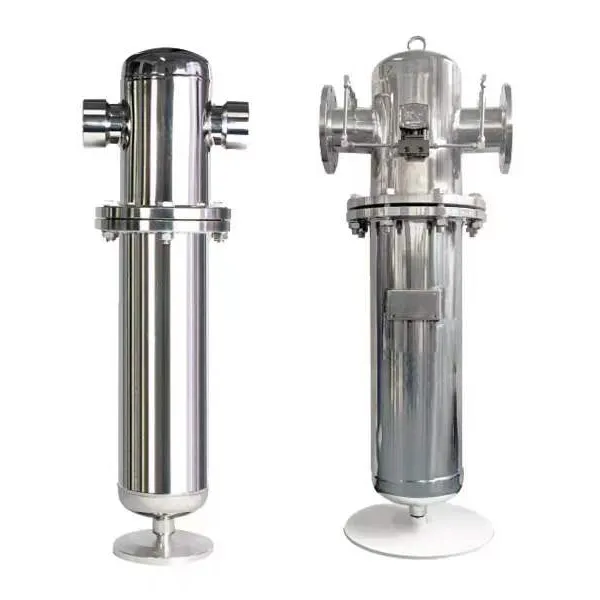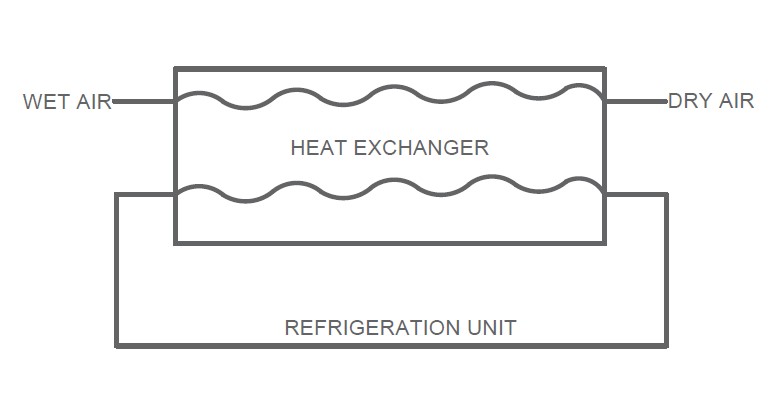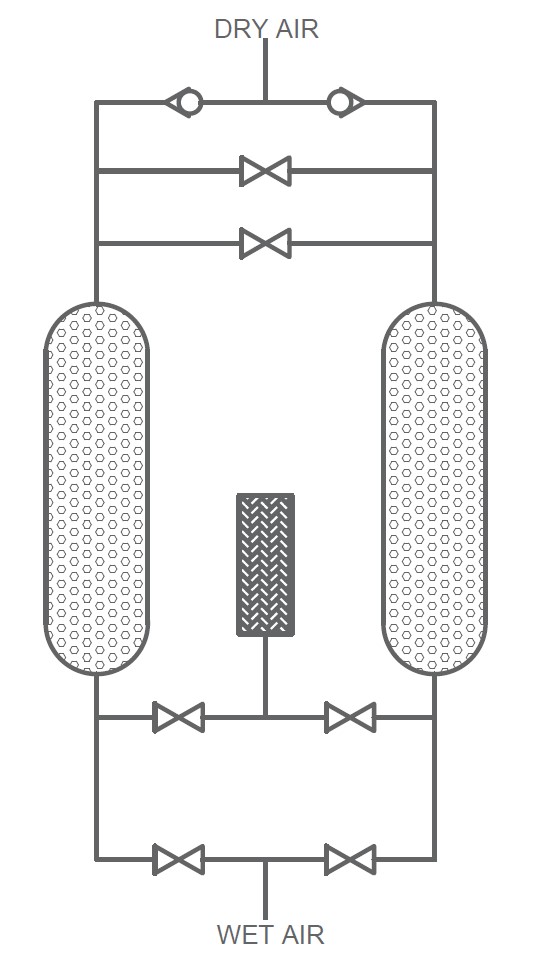
In industries ranging from pharmaceuticals, food packaging to aquaculture, onsite nitrogen and oxygen gas generation systems have become indispensable. These systems offer efficiency, cost-effectiveness, and a reliable source of gases critical for various applications. However, behind their seamless operation lies a crucial factor often overlooked: compressed air quality. The quality of compressed air used as feedstock profoundly impacts the performance and longevity of nitrogen and oxygen generators. Here, we delve into the significance of compressed air quality and the imperative need for periodic maintenance to ensure optimal system functionality.
Understanding Compressed Air Quality:
Compressed air serves as the primary feedstock for on-site nitrogen and oxygen gas generators. It acts as the carrier gas for the separation process, facilitating the extraction of nitrogen or oxygen molecules from the surrounding air. However, the quality of compressed air directly affects the purity and efficiency of the generated gases.
Importance of Inlet Filtration:

Inlet filtration plays a pivotal role in maintaining the purity of compressed air. Contaminants such as dust, oil aerosols, water vapor, and particulate matter present in the compressed air can compromise the performance of on-site gas generation systems. These contaminants, if left unfiltered, can accumulate within the system, leading to fouling of components, decreased efficiency, and potential damage to delicate membranes and adsorbents.
Regular maintenance of inlet filtration systems is essential to prevent the ingress of contaminants into the gas generation equipment. High-quality filters, including coalescing filters and particulate filters, effectively remove impurities, ensuring clean and dry compressed air enters the system. By safeguarding against contamination, inlet filtration safeguards the integrity and purity of the generated nitrogen and oxygen gases.
Ensuring Correct Dewpoint:

REFRIGERATED AIR DRYER

DESICCANT AIR DRYER
Another critical aspect of compressed air quality is the dewpoint, which measures the moisture content present in the compressed air. Elevated levels of moisture can adversely impact the performance of gas generation systems, particularly those utilizing pressure swing adsorption (PSA) or membrane technology.
Excessive moisture in the compressed air stream can lead to the formation liquid water within the system, causing blockages, corrosion, and operational disruptions. Moreover, water vapor can hinder the adsorption process, reducing the efficiency of nitrogen or oxygen separation.
Maintaining the correct dewpoint of compressed air is imperative to prevent these issues. Refrigerated or desiccant air dryers are commonly employed to achieve dewpoint levels suitable for gas generation applications. Regular monitoring and maintenance of these dryers ensure that the compressed air supplied to the gas generation system remains within the specified dewpoint range, thereby optimizing system performance and reliability.
The need for Periodic Maintenance:
Periodic maintenance of compressed air quality is essential to sustain the efficiency and longevity of on-site nitrogen and oxygen gas generation systems. Routine inspection and replacement of inlet filters, along with monitoring and adjustment of dewpoint levels, mitigate the risk of contamination and ensure consistent operation.
Failure to maintain proper compressed air quality can result in increased energy consumption, diminished gas purity, and costly downtime due to equipment failures. By prioritizing the quality of compressed air fed into gas generation systems and implementing regular maintenance practices, industries can maximize the productivity and profitability of their onsite gas production operations.
In conclusion, the quality of compressed air is a critical factor in the performance and reliability of onsite nitrogen and oxygen gas generation systems. By investing in high-quality inlet filtration and ensuring the correct dewpoint of compressed air, industries can safeguard against contamination and optimize the efficiency of gas separation processes. Periodic maintenance of compressed air quality is essential to prevent operational disruptions and maintain the integrity of gas generation equipment. By prioritizing compressed air quality, industries can harness the full potential of onsite gas generation technology to meet their diverse application needs efficiently and cost-effectively.
Enquire Now

